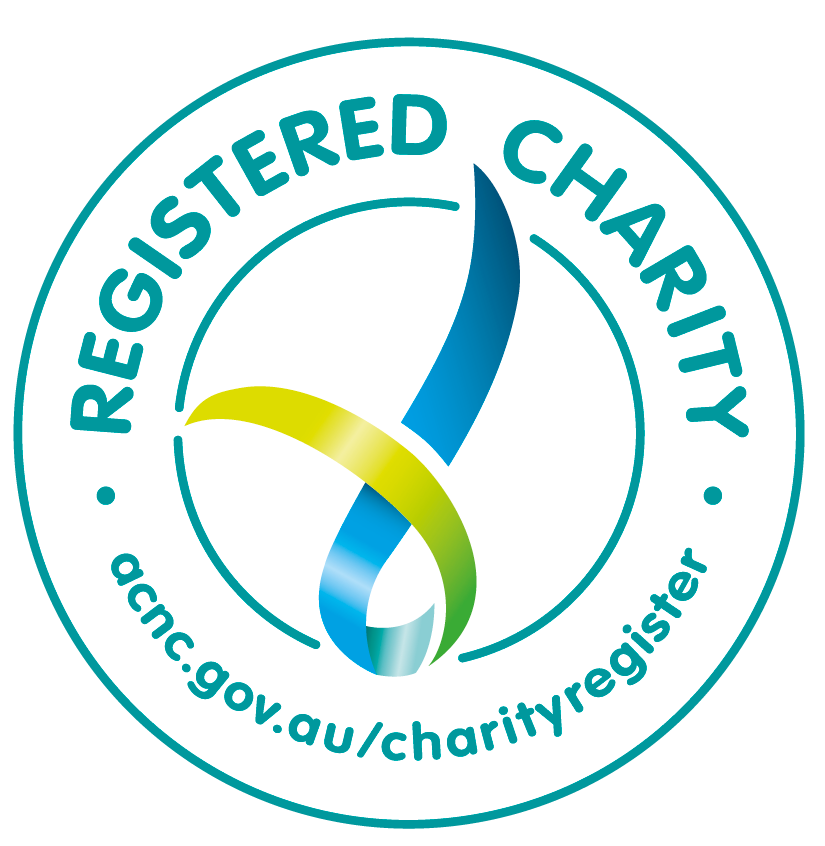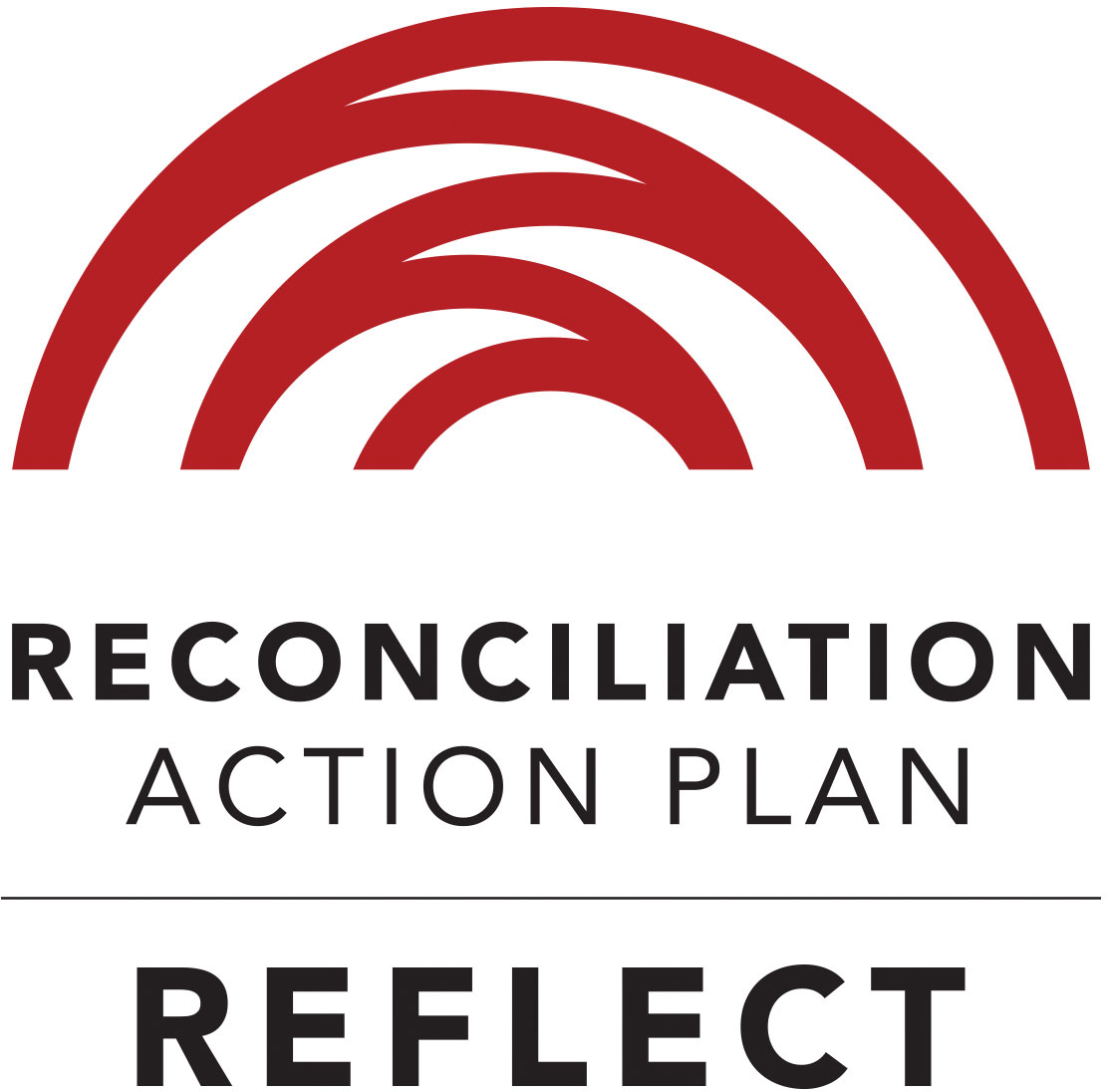More pages in this section
Women's mental health in regional Queensland
Introduction: The importance of women's mental health
It's day two of Women's Health Week, and we're excited to continue focusing on this year's theme: "Your voice, your choice". This theme highlights how important it is for women to speak up about their health needs and make the best decisions for themselves. Yesterday, we looked at how women in regional Queensland can take control of their health. If you haven't seen yesterday's article, you can read it here: Empowering women's health in Queensland: informed choices for regional wellbeing.
Today, we're turning our attention to an often-overlooked issue—women's mental health. For women in our regional communities, mental health comes with its own challenges. Understanding these challenges is the first step in helping women voice their concerns and make informed choices about their mental health care.
We'll explore findings from the Liptember Foundation's latest research. Their 2024 report offers valuable insights to help women in regional Queensland feel more empowered about their mental wellbeing. Join us as we delve into this important topic and see how it fits into the broader picture of women's health in our region.
“We know that women face unique biological and societal challenges during their lifetime, which can place further pressure on mental health. By placing a gendered lens on mental health, we’re seeing substantial improvement around accuracy of research, success rates of programs and effectiveness of services. Addressing mental health with gender front of mind has allowed the Liptember Foundation to make significant impact and progress in the space, that wouldn’t have been possible prior.” - Luke Morris, CEO and Founder of Liptember Foundation
The current landscape: Women's mental health in Australia and regional Queensland
Let's look at some key statistics that show why we need to focus on women's mental health. In Australia, about half of all women are dealing with a mental health issue. Even more concerning, one in four women is facing severe mental health challenges. These figures are particularly relevant for us in regional Queensland, where accessing mental health support can be difficult.
In 2024, the top mental health issues affecting Australian women are:
- Depression - affecting nearly half of women (46%)
- Anxiety and generalised anxiety disorder (GAD) - affecting about 4 in 10 women (41%)
- Body image concerns - affecting almost a third (29%)
- Psychological distress - affecting about 1 in 6 women (16%)
- Post-traumatic stress disorder (PTSD) - affecting more than 1 in 10 women (14%)
These problems can be even harder to manage in regional Queensland. Living far from city centres, having fewer healthcare options, and the pressures of small communities all contribute. At selectability, we're working hard to bridge this gap. We're focused on providing mental health services that meet the needs of women in our local communities.
Unique factors shaping women's mental health in regional Queensland
Biological influences
Women's mental health is closely tied to their biology. Throughout their lives, women experience hormonal changes—from puberty and menstrual cycles to pregnancy and menopause—that can significantly impact their mental wellbeing. Recent studies show how important this impact can be. For example, women going through menopause are more likely to experience depression, with 51% affected compared to 46% of women overall.
These biological factors are only part of the story for women in regional Queensland. The challenges of remote living, such as fewer healthcare options and being far from support networks, can make things even more difficult. This is why it's crucial to have mental health services that understand both the biological and environmental factors affecting women in our region. By recognising these unique needs, we can work towards better, more tailored support for women's mental health in regional Queensland.
Social and cultural factors
There's more to women's mental health than biology alone. Social and cultural factors also play a significant role. Research shows that low self-esteem, financial stress, and the pressure to meet society's expectations are significant triggers for mental health issues. In our regional communities, these pressures can feel even more intense. Small towns often mean less privacy and deeply rooted social norms, which can add extra stress.
Understanding these unique challenges is essential. Mental health support in regional Queensland must consider our local culture and values. This means offering help that respects the way our communities work and addresses the specific issues women face here. By acknowledging these social and cultural factors, we can better support women's mental health in ways that suit our region.
Mental health across a woman's lifespan in regional Queensland
Teenage years and young adulthood
Young women face tough mental health challenges. Recent studies show that nearly half of teens aged 14-19 struggle with body image issues (48%), while about 1 in 5 experience social phobias (18%). Alarmingly, 16% of young women in this age group have thoughts of suicide or self-harm. As women move into their 20s, anxiety becomes the biggest concern, affecting almost half of women aged 20-29 (48%).
These challenges can be even more pronounced for our young women in regional areas, as they often face additional pressures like limited job opportunities, needing to move away from home for education or work, and feeling isolated from peers. The "tyranny of distance" can make it harder to access support services or find a community of like-minded people. This is why it's vital to have mental health programs that specifically address the needs of young women in our regional communities.
Adulthood and midlife
As women move into their 30s and 40s, life often becomes a juggling act. Balancing a career, raising children, and caring for older family members can be overwhelming. Recent studies show that depression is on the rise for women in their 30s, with 44% affected in 2024. For those in their 40s and 50s, PTSD becomes more common, affecting 17% of women compared to 14% overall.
In regional Queensland, these pressures can feel even more intense. The distance from specialised healthcare, limited childcare options, and fewer career opportunities can add extra stress. Programs that help women manage stress and build resilience, whether through one-on-one support or group sessions, can make a real difference in helping women navigate these complex life stages.
Later life and ageing
As women get older, they face a different set of challenges. For those over 60, depression is a major concern, affecting nearly half of women in this age group (49%). Getting older, feeling less confident, and financial worries all play a part. What's really concerning is that older women are the least likely to seek help when they're struggling.
Many of the over 60 women in Queensland feel isolated, especially if they live far from family or have trouble getting around. In our small towns, losing a partner or having friends move away can leave a big gap in someone's support network. That's why it's vital to have mental health services that can reach older women where they are, whether in their homes or at local community centres.
Women in the workforce: The mental health impact
When it comes to working women, the latest research shows some worrying trends. In the past year alone, two out of every five working women in Australia say their mental health has worsened due to work pressures. That's a lot of women struggling to cope. The top three reasons for this are:
- Burnout (58%)
- The mental load (54%)
- The work/life/family juggle (43%)
In regional Queensland, these challenges take on a unique form. Limited job markets can mean fewer opportunities for career advancement or flexible work arrangements. Additionally, the "everyone knows everyone" nature of small towns can add extra pressure to keep up appearances. All these factors highlight the need for targeted mental health support that understands the specific pressures faced by working women in our regional areas.
Breaking barriers: Challenges in seeking mental health support in regional Queensland
Despite the prevalence of mental health issues, only 48% of women are seeking help. The main barriers include:
- Feeling they can manage on their own (39%)
- Financial burden (33%)
- Not considering their issues serious enough (31%)
In regional Queensland, these barriers are often compounded by the stigma associated with mental health issues.
Building effective support systems for women's mental health
The research shows that the most helpful sources of support for women are:
- Exercise (64% found this very helpful)
- Seeing a psychiatrist or mental health professional (63%)
- Taking medication (62%)
However, it's important to note that professional mental health support, while effective, is not always easily accessible due to cost, waitlists, and location.
The path forward: Addressing women's mental health needs in regional Queensland
Moving forward, it's clear that we need gender-specific approaches to mental health care that consider the unique challenges faced by women. This includes:
- Developing targeted, preventative mental illness initiatives
- Encouraging help-seeking behaviours, especially for depression
- Addressing financial barriers to accessing mental health support
- Creating more support services specifically tailored to women's needs
Conclusion: Prioritising women's mental wellbeing in regional Queensland
Women's mental health is a complex and multifaceted issue that requires ongoing attention, research, and action. By understanding the unique challenges women face across different life stages and contexts, we can work towards creating more effective support systems and treatments.
This Women's Health Week, let's embrace the theme "Your Voice, Your Choice" in our approach to mental health. By understanding women's unique mental health needs, particularly those in regional and remote areas, we can better voice our concerns, make informed choices about our care, and advocate for improved mental health services. Remember, seeking help is a sign of strength, not weakness. If you're struggling, use your voice to reach out to a healthcare professional or a trusted support person.
USEFUL LINKS

selectability acknowledges the Traditional Owners of the land on which we provide services and pay our respects to Elders past, present and emerging. We acknowledge those with lived experience and those who support and partner with us to improve mental wellbeing and prevent suicide across regional Queensland.

